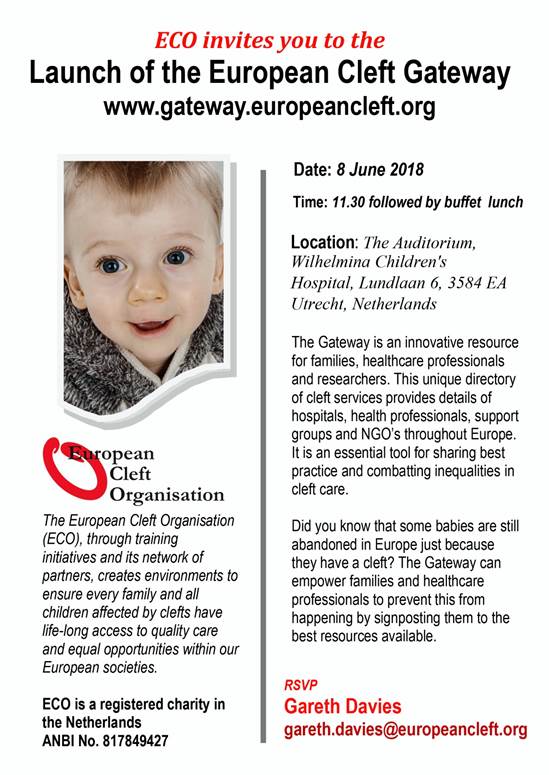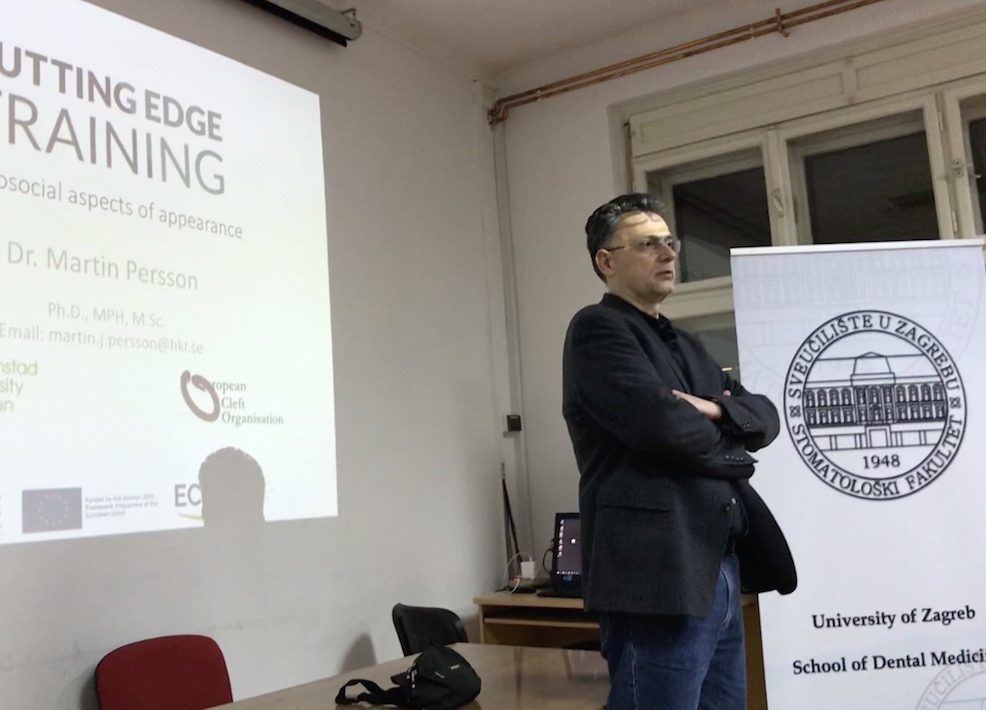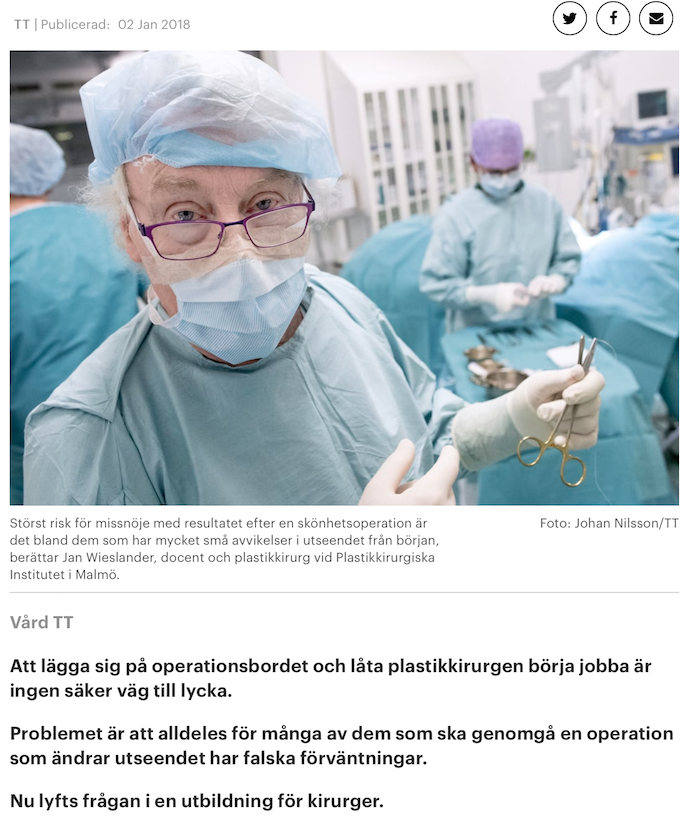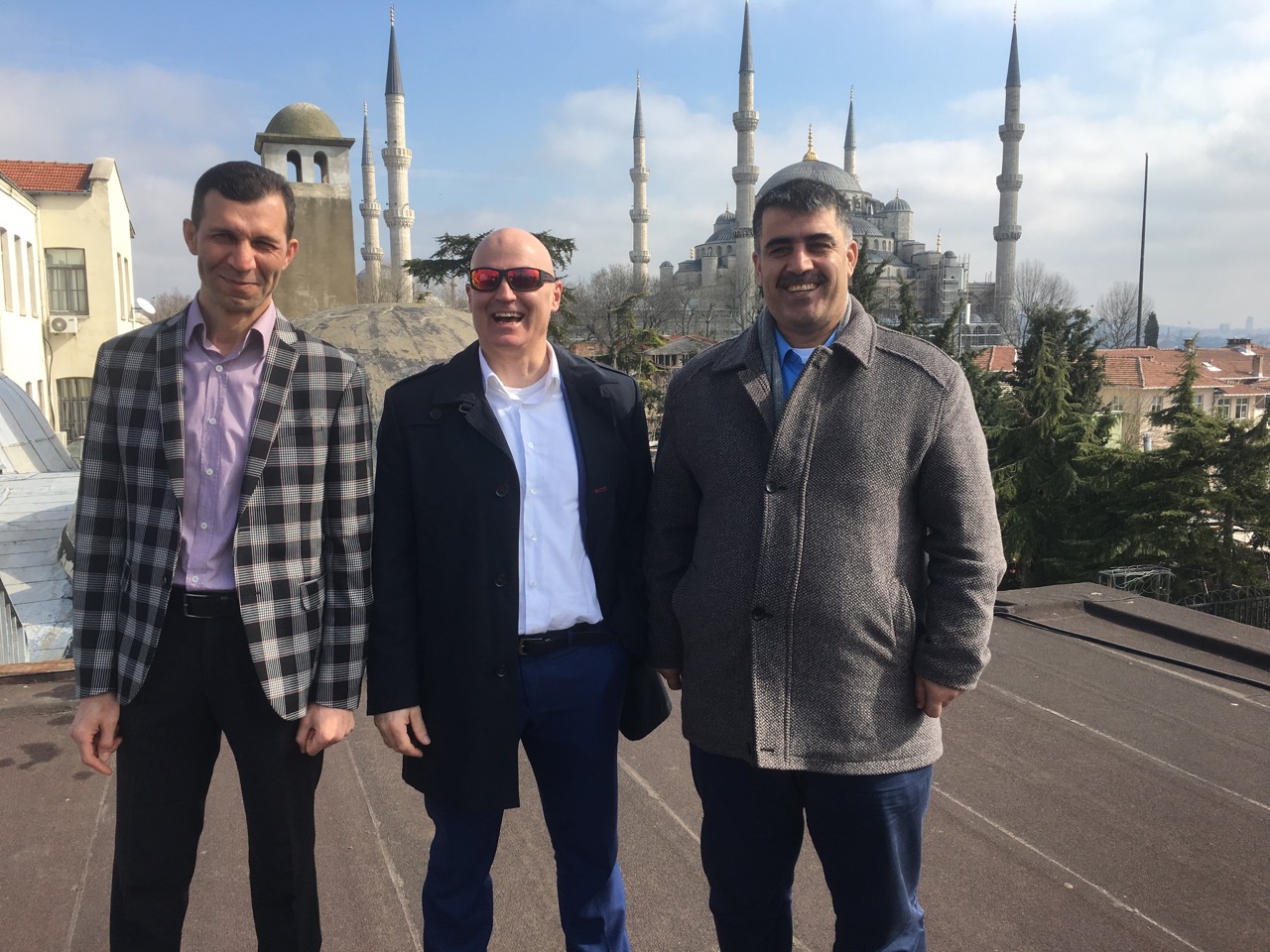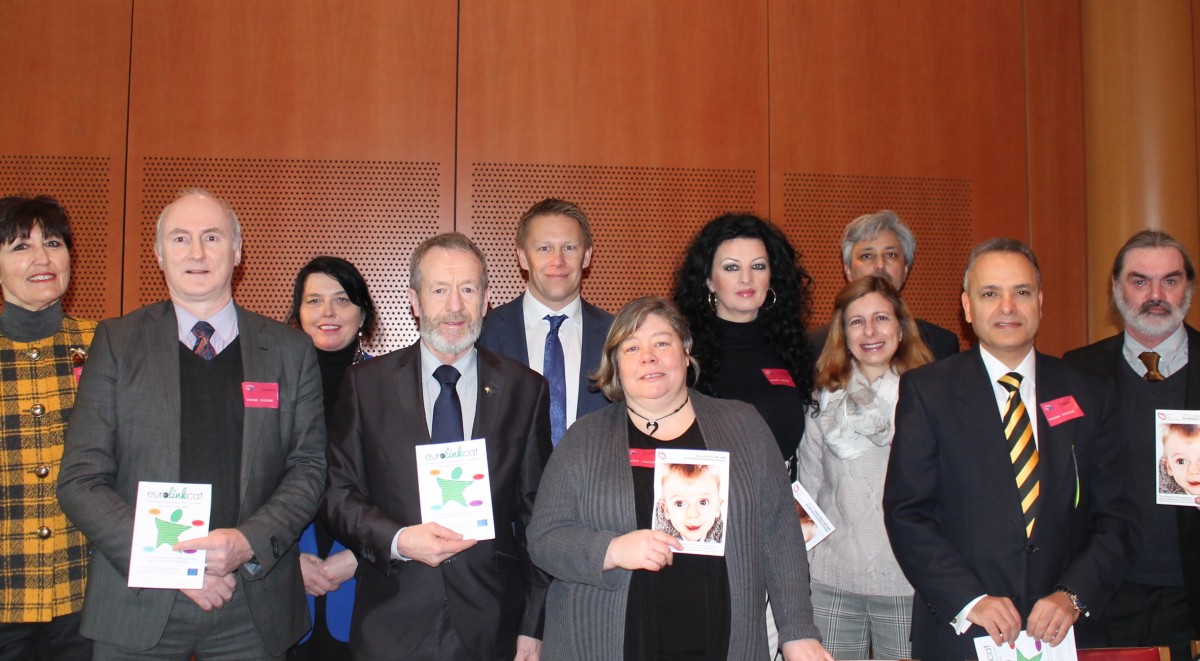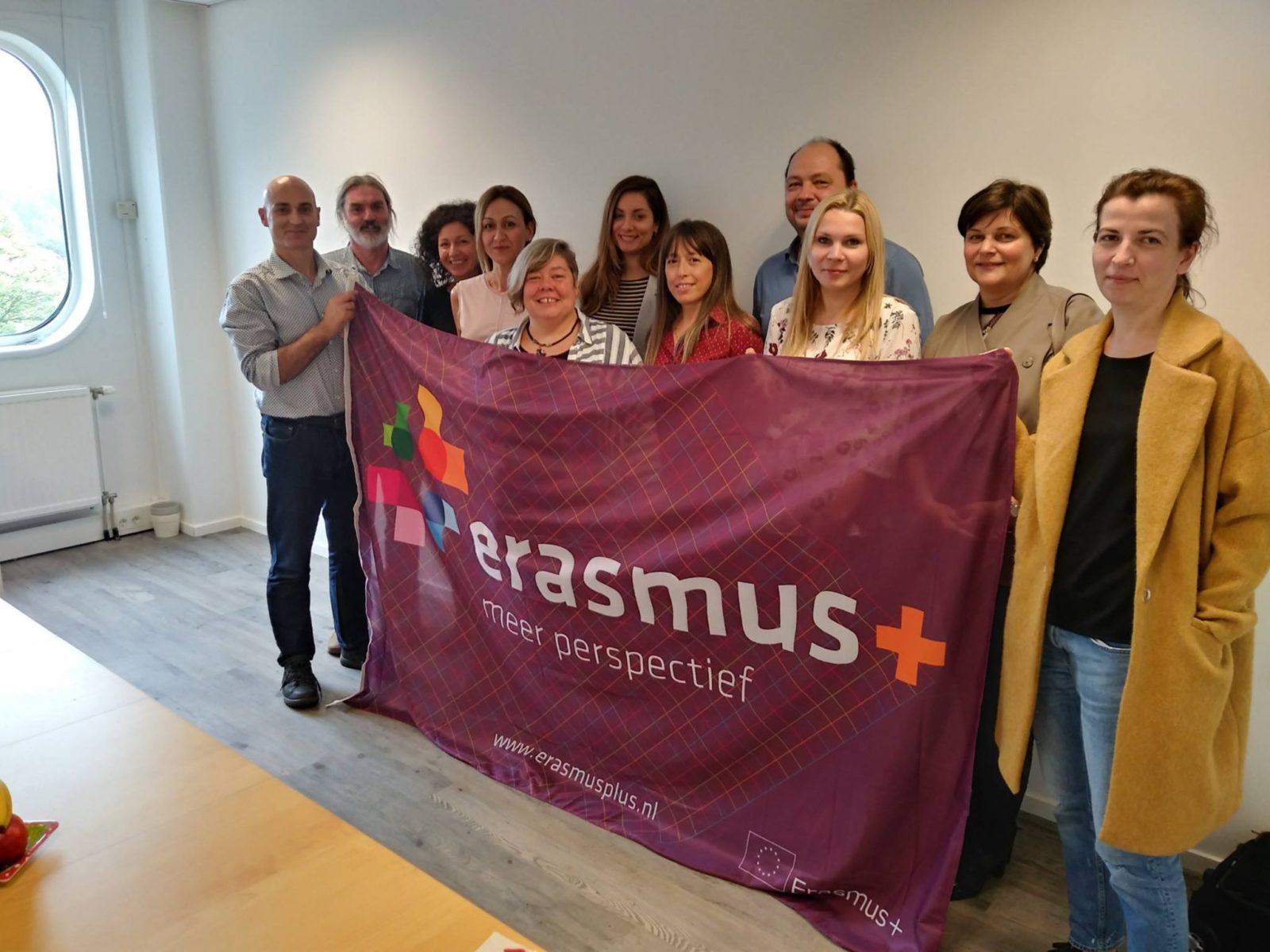The European Cleft Association is launching the new European Cleft Gateway;
The Gateway is a resource for families, health professionals and researchers. It is a comprehensive directory of specialist hospitals, doctors, researchers, support groups, scientific organisations and NGO’s that work in the field of cleft lip and palate throughout Europe. Whether you want to search for the nearest hospital or specialist offering treatment of cleft lip and palate, or find a clinician interested in the same research area as you, this is the place to do it.
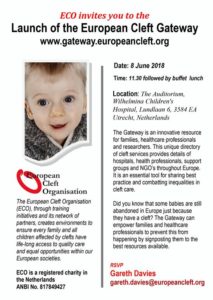
An introductory lecture was given by Dr. Martin Persson about the Cutting Edge Training project, which included the psychosocial aspects for patients undergoing appearance altering procedures, for healthcare professionals in Zagreb.
Martin trains staff at Thai hospital
The background of the Cutting Edge Training project was part of comprehensive training for healthcare professionals at Srinagarind Hospital, Faculty of Medicine, Khon Kaen University and very was well received. Triskelion will now develop more trainings for the Thai hospital.
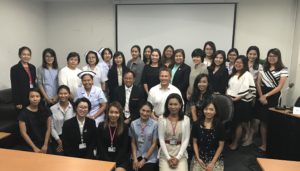
The project has already attracted quite a lot of media attention in Sweden. Over 45 newspapers have reported about the Cutting Edge Training project, including Aftonbladet, Lärkartidningen, and Metro
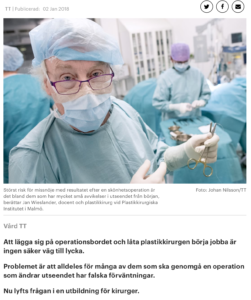
According to new guidelines from the American Academy of Pediatrics (AAP), a two-fold simple approach could be used to prevent teenage obesity and eating disorders.
The report “Preventing Obesity and Eating Disorders in Adolescents,” published in the journal Pediatrics, advises that parents and health experts should veer from focusing on a teen’s overweight body and need for diet. Instead, they should promote a healthy lifestyle balance and that comes with healthy eating.
Many eating disorder programs have noted a marked increase in the number of teens who previously were obese or overweight but who now show early signs of developing eating disorders. In their attempt to lose weight the adolescents may have come to rely on unhealthy and unsustainable methods such as skipping meals or using diet pills or laxatives.
Some who reach normal weights for age and body size also may develop medical and psychologic characteristics similar to teens with classic anorexia nervosa. They may present to the pediatrician with signs of medical instability that can include severe bradycardia (slow heart rate) or orthostasis (postural hypotension).
Three recommendations focus on behaviors to avoid: parents and doctors should discourage dieting, skipping of meals, and the use of diet pills. Instead, they should encourage and support the implementation of healthy eating and physically active behaviors that can be maintained on an ongoing basis.
Two recommendations emphasize behaviors to promote: parents should encourage more frequent family meals, and parents should support a positive body image among teenagers that can motivate them toward developing healthy eating and physical activity habits.
see more : https://www.healthychildren.org/english/healthy-living/pages/default.aspx
Correct it group meets in Foggia, Italy
The 16th of March 2018, the Correct it group met at the University of Foggia, Italy to evaluate curriculum development and discuss dissemination and further steps of product development. The curriculum will be peer-reviewed and translated into all partner languages, and it will be available from the project website : Correct-it.eu
At Dove, they believe no young person should be held back from reaching their full potential. However, low body confidence and anxieties over appearance keep young people from being their best selves, affecting their health, friendships, and even performance at school.
For more than 10 years, they’ve been helping parents, mentors, teachers, and youth leaders deliver self-esteem education that’s reached more than 20 million young people so far.
Take a look at their resource page and learning materials:
The Centre for Appearance Research (CAR) at the University of the West of England (UWE Bristol) has partnered with educational games specialists Focus Games Ltd to launch an exciting new resource to help children understand and respect the differences in people’s appearance.
Everybody’s Different: The Appearance Game is an educational board game that aims to help young people to discuss and explore issues around appearance and body image.
Many young people are happy with the way they look, but many are not. Factors including the media, and friends and family, can influence how they feel about their own appearance, and how they react to other people, including those who have a visible difference (disfigurement) of any sort. The game aims to help children understand that differences in appearance are normal, and people come in many different shapes, colours, sizes and appearances.
Everybody’s Different: The Appearance Game is a team board game for up to eight players, aged nine and above. Two teams compete against each other, asking and answering questions, and completing activities which promote discussion around body image, appearance and differences. Questions and activities explore a variety of key topics including body confidence, visible difference, body talk, appearance related bullying, appearance ideals in the media and putting appearance in perspective. The game is a fun but informative alternative to traditional educational activities, and could be used by schools, groups or clubs, or for health promotion.
For further information visit www.appearancegame.co.uk or @AppearanceGame on Twitter.
Potential cooperation with Georgia ahead
A team from Triskelion headed by Lena went to Tiblisi, Georgia to look at new cooperation opportunities in the VET and YOUTH sector. We had meetings with representatives for private education sector and YOUTH NGOs working with primarily non formal learning. We looked at VET education in public health sector, competence building of youth workers and possible projects in VET sector. We will meet again in medio 2018 to plan in detail.
Triskelion staff visited primary-, secondary- and vocational schools in Esenler suburb in Istanbul to see how they have worked towards integrating Syrian refugees into schools and everyday life. We were also granted a welcome at the mayor’s office where he was interested in starting cooperation in the education sector for his team of schools. We emphasised our historical connections back to viking times around 900 when a norseman/viking called Halvdan wrote his name on the balcony of the second floor in Hagia Sofia church probably serving as a guard to the royalty.
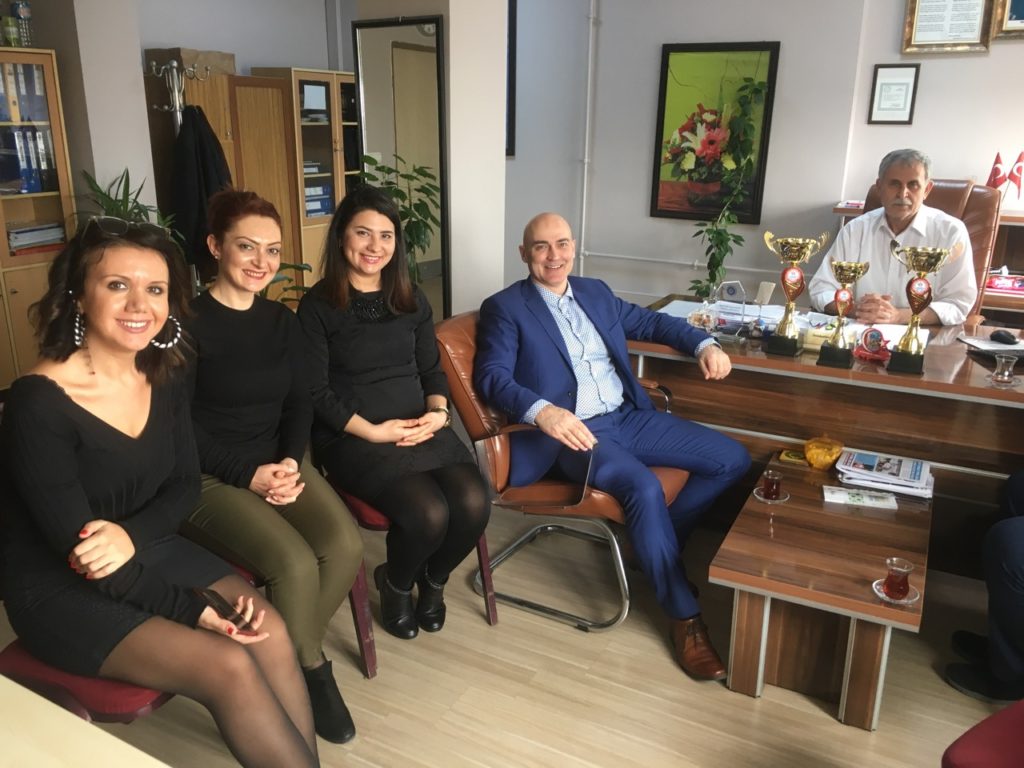
Dr Martin Persson was invited to speak to the European Parliament on 27 February 2018. The breakfast event, hosted by MEP Sean Kelly and attended by a diverse audience of other MEPs and policy makers, was an opportunity to get clefts and craniofacial anomalies on the Parliament’s agenda. The aim is to start pressing the European Commission for specific resources for cleft and craniofacial care in order to reduce the huge inequalities across Europe, enabling equal access to good quality lifelong cleft care. Also with a speech at the event, ECO Executive Director Gareth Davies, stated ‘access to good cleft care is a basic human right and everyone born with a cleft and craniofacial anomaly should have the opportunity of realizing their full potential. There are a million people in Europe with clefts – equivalent to a city the size of Brussels. This in not a marginal concern and needs addressing urgently”
Early care training project discussed family’s needs of provision of care
The project team met in Vilnius, Lithuania in late February to discuss parent/patient information needs in each country. From our initial findings in each country, it was clear that both groups – patients and health care professionals – needed further information and education about how to care for children with clefts and craniofacial anomalies. The pedagogical report was presented. The importance of course structure and design were emphasised with the key message being that the overall impact of our training was the measure of success. Change in clinical practice was the aim of the learning process and course design should have this as the ultimate goal. A summary of the EQF framework was presented; this course was pitched at level EQF 4 which would be sufficient to fill all the gaps highlighted in the national reports and patient needs.
Next meetings were set to
- 28 -29 September, Bucharest
- 15 February 2018, Plovdiv
CUTTING EDGE TRAINING project meeting in Bergen, Norway
The Cutting Edge Training project had the second project meeting in Bergen, Norway at Haukeland University Hospital on the 16th of February 2018. The purpose of the meeting was to agree upon the training materials and content of training which will take place in October in Bucharest. The pedagogical report done by HKR and Triskelion is the foundation for the EQF level 4 training materials that will be developed. Nichola Rhumsey from Triskelion presented the suggested framework of the training modules.
Cost Action gathering in Zagreb
The 20 countries that participate in the Cost Action “European Cleft and Craniofacial Initiative for Equality in Care” met in Croatia on Thursday 25th – Friday 26th January 2018 at The University of Zagreb School of Dental Medicine. The main aim of the action is to ensure that every child born with a cleft or craniofacial condition in Europe must have the opportunity of realising their full potential. It is acknowledged at European level that health professional does not have enough resources and/or training to deliver the same provision of care. Thomas Nilsen from Triskelion was representative from Norway and is heading Work Group 5, dealing with dissemination. The different work groups started their assessment of the work that needs to be done and will meet next time for a big conference in Niš, Serbia – September 2018.
Correct IT Kickoff in Stavanger
The Correct IT project had kickoff in Stavanger on the 23 of September 2017. The project timeline and structure was discussed and a detailed work plan agreed upon. Each team presented how they have organised for the project implementation internally. The kickoff ended with a transnational team building dinner. Next steps of the intellectual outputs was agreed upon.
Cutting edge training kickoff in Kristianstad
The Cutting Edge Training project had kickoff in Kristianstad early November 2017. The project team consist of Haukeland Sykehus in Bergen, ALA association from Bulgaria, Clinica Cittàgiardino from Italy, Høgskolan Kristanstad from Sweden and European Cleft Association from Netherlands. The focus will be to develop training and train healthcare professionals working with patients undergoing appearance altering performances.
Article in Swedish newspaper: News article1 News article 2
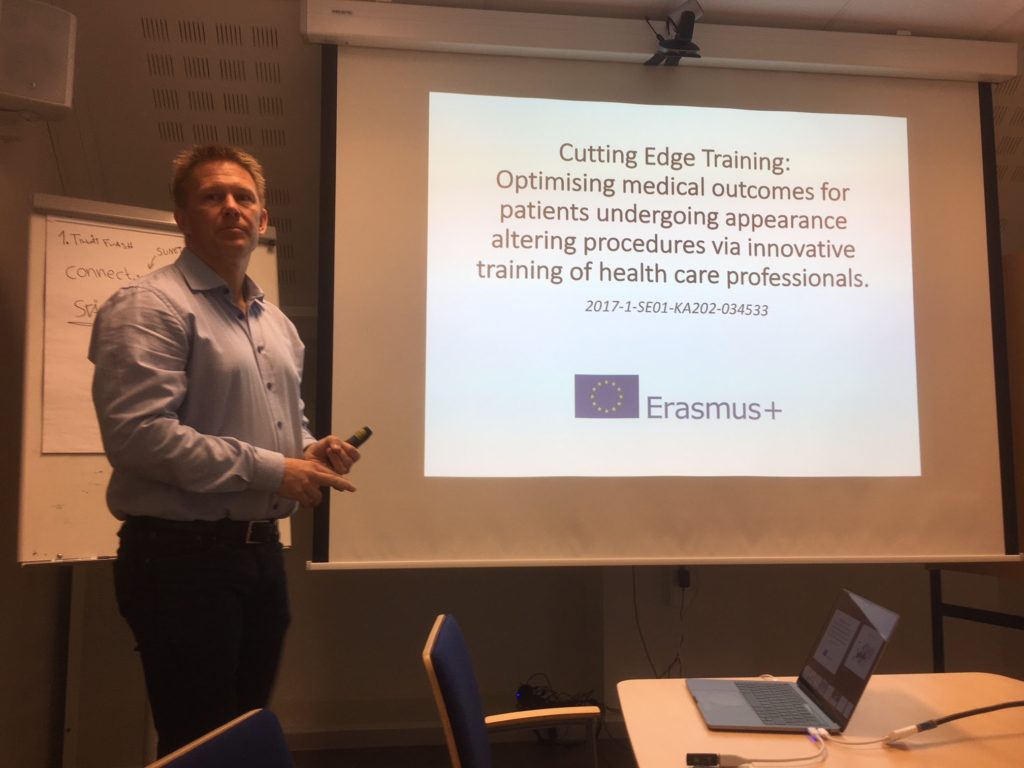
Correct it Facebook and web page up and running
The Correct it project has launched a Facebook site and a web page.
They can be found here:
WEB SITE
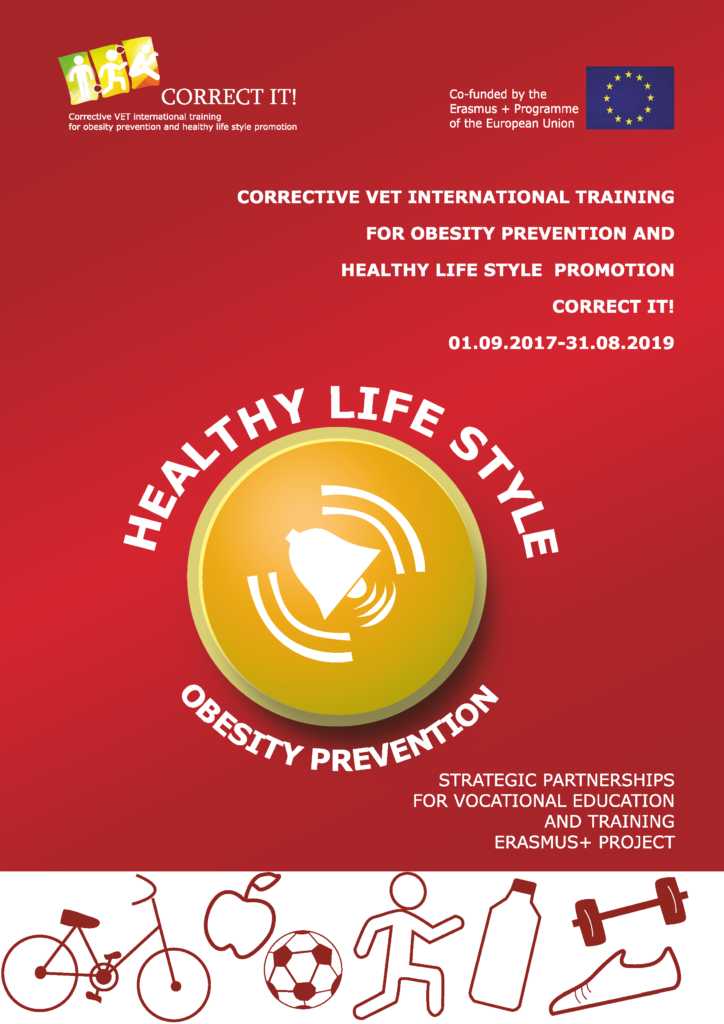
World food day 16th October and Correct it Project
Today on the 16th of October is the world food day. Food and Agriculture organization of the united nations organize this event in 150 countries around the world, making it one of the most celebrated days of the UN calendar. These events promote worldwide awareness and action for those who suffer from hunger and for the need to ensure food security and nutritious diets for all. See link to website about the day;
Cost action CA16234 kicks off in Brussels
The Cost action CA16234 had kickoff in Brussels 5th of October 2017, and with 20 countries involved and several more on the way in, it will be a major force to recon with in the harmonisation of European cleft care. Gareth Davies of European Cleft Organisation was voted in as chairman of the action, while Triskelion’s Thomas Nilsen will be responsible for dissemination together with work group 5.
Article in Swedish newspaper: News article
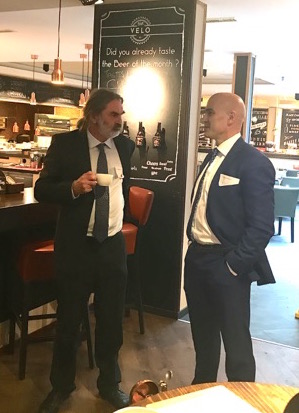
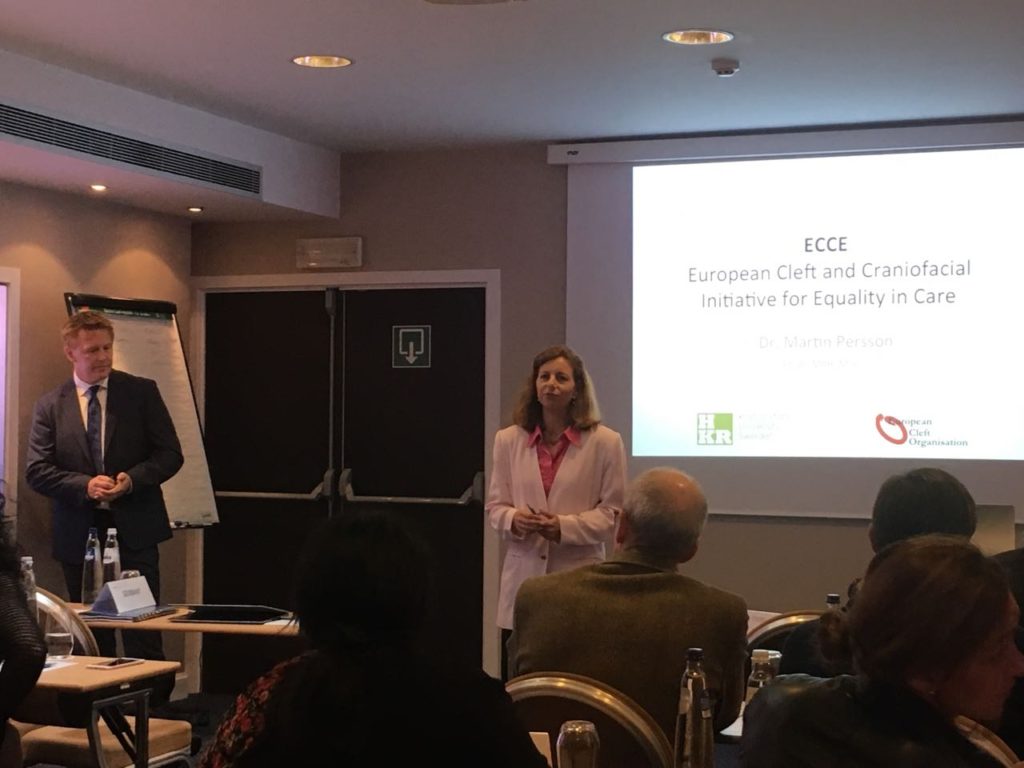
First meeting today of new EU Erasmus+ funded project, developing a training programme for the early care of babies born with clefts. Partners from Latvia, Norway, Bulgaria, Greece, Netherlands and Romania meet in Rijswijk, The Hague. This is an exciting time for European Cleft Organisation and Triskelion!
Project number : 2017-1-NL01-KA202-035195


